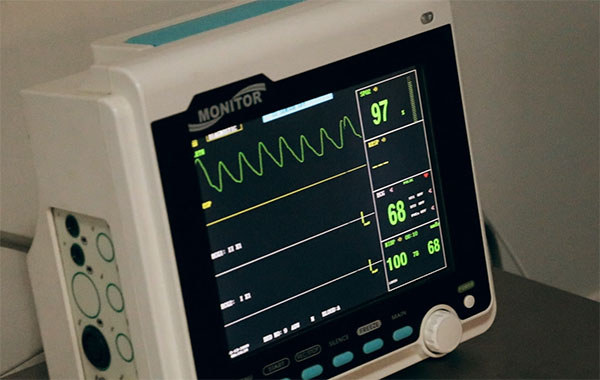What are the top 10 symptoms of high blood pressure?
- Symptoms of high blood pressure: 10 common symptoms of high blood pressure.
- Severe headache
- Nasal hemorrhage (Epistaxis)
- Suffiness
- Tinnitus (ringing in the ears)
- Sleepiness, insomnia.
- Disorientation.
- Fatigue
- Excessive sweating
What is high blood pressure?
Blood pressure is the force with which blood flows through the arteries in your body. Arteries are the blood vessels that carry blood from your heart to the rest of your body. When your heart beats, it pushes blood through the arteries. As the blood flows, it puts pressure on the walls of the arteries. This is called blood pressure.
High blood pressure (also called hypertension) occurs when blood flows through the arteries at a higher pressure than normal. Many different factors can cause high blood pressure. If blood pressure becomes too high or stays high for a long time, it can cause health problems. Uncontrolled high blood pressure increases the risk of stroke, heart disease, heart attack and kidney failure.
There are 2 types of hypertension
Primary hypertension. This is also called essential hypertension. It is called this when there is no known cause of your high blood pressure. It is the most common type of hypertension. This type of blood pressure usually takes many years to develop. It is likely the result of your lifestyle, environment and how your body changes as you age.
Secondary hypertension. This is when a health problem or drug causes high blood pressure. Things that can cause secondary hypertension are:
- Kidney problems
- Sleep apnea
- Problems with the thyroid or adrenal glands.
- Some medications.
- What are the symptoms of high blood pressure?
- Większość ludzi, którzy mają wysokie ciśnienie krwi nie ma objawów. Dlatego też jest ono czasem nazywane "cichym zabójcą". Bardzo ważne jest, aby regularnie kontrolować swoje ciśnienie krwi.
Some people experience headaches, nosebleeds or shortness of breath associated with high blood pressure. However, these symptoms can mimic many other things (serious or not). Typically, these symptoms occur when blood pressure reaches dangerously high levels for an extended period of time.
A diet high in salt, fat and/or cholesterol.
Chronic diseases such as kidney and hormone problems, diabetes and high cholesterol.
Family history, especially if your parents or other close relatives have high blood pressure.
Lack of physical activity.
Older age (the older you are, the more likely you are to have high blood pressure).
Overweight or obesity.
Race (black non-U.S. citizens are more likely to have high blood pressure than people of other races).
Certain contraceptive drugs and other medications.
Stress.
Using tobacco or drinking too much alcohol.
[cool_tag_cloud on_single_display="local"]








